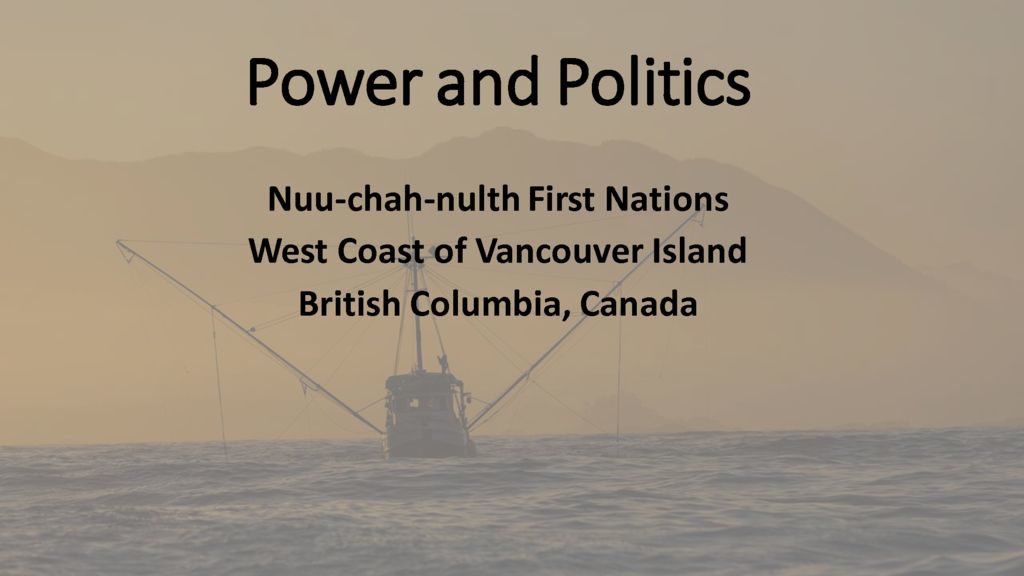14 Mar Power and Inclusion
Issues of power and politics are at the heart of community conservation, and in turn influence its ultimate success or failure. Power is central to understanding processes and structures associated with resource and environmental conservation. This may be particularly important in the case of community conservation which is widespread throughout the world. Despite its importance, there remains limited empirical attention to the actual workings of power in environmental settings, and particularly with regards to conditions determining the success and failure of community conservation, i.e. lack of attention to the complex and dynamic economic, social, historical, cultural and political conditions. Further, power is considered an understated and understudied issue and there is in reality little discussion on what it means, how it manifests, and how it is responded to.
Drawing from these insights, the panel deliberates on the issue of power and politics as they relate to community conservation with specific reference to the strategies and tactics used by various actors either to grab power or ways in which communities in conservation respond to forces causing disempowerment.
Following an introductory presentation by the session organiser, four members of the panel (all from the CCRN Power and Politics in Community Conservation Working Group) provide insights on possible methods and tools used by the community conservation groups to realize their rights, deal with injustices, and gain power to further livelihood and conservation objectives.



